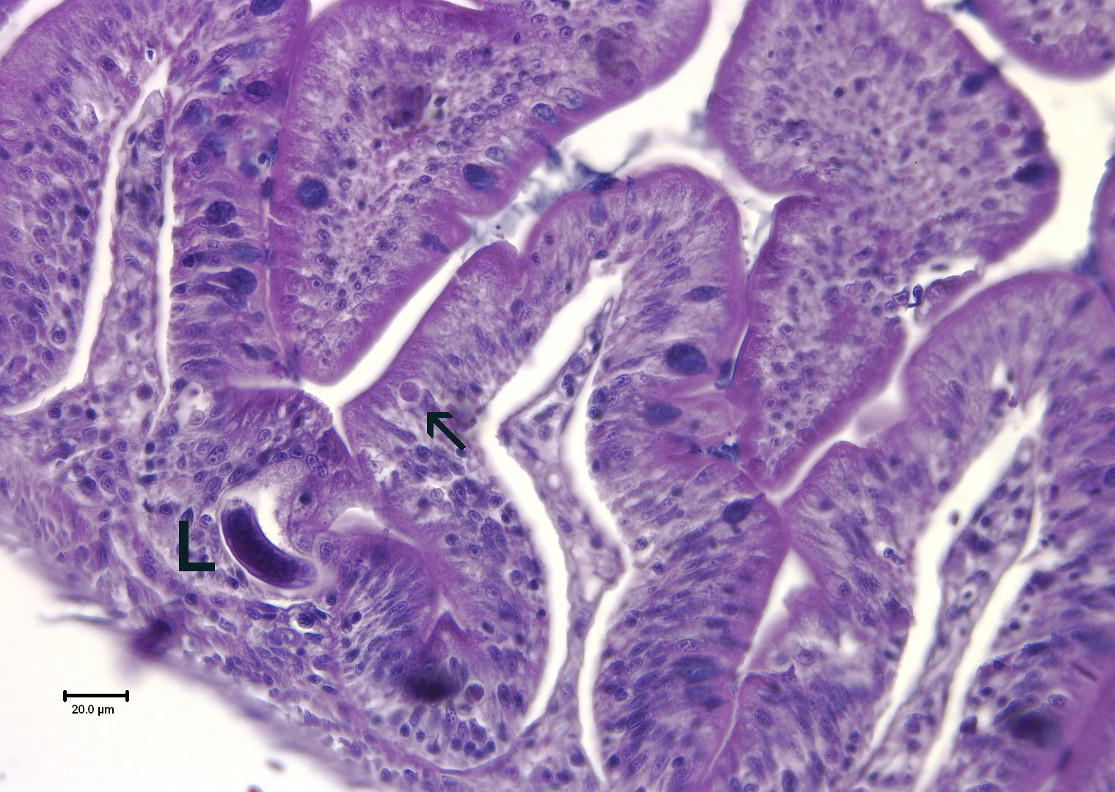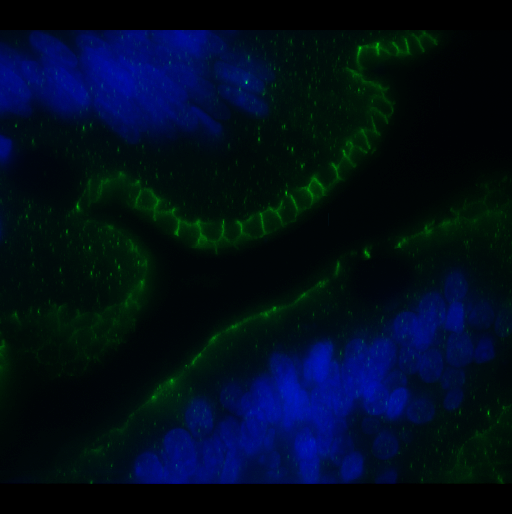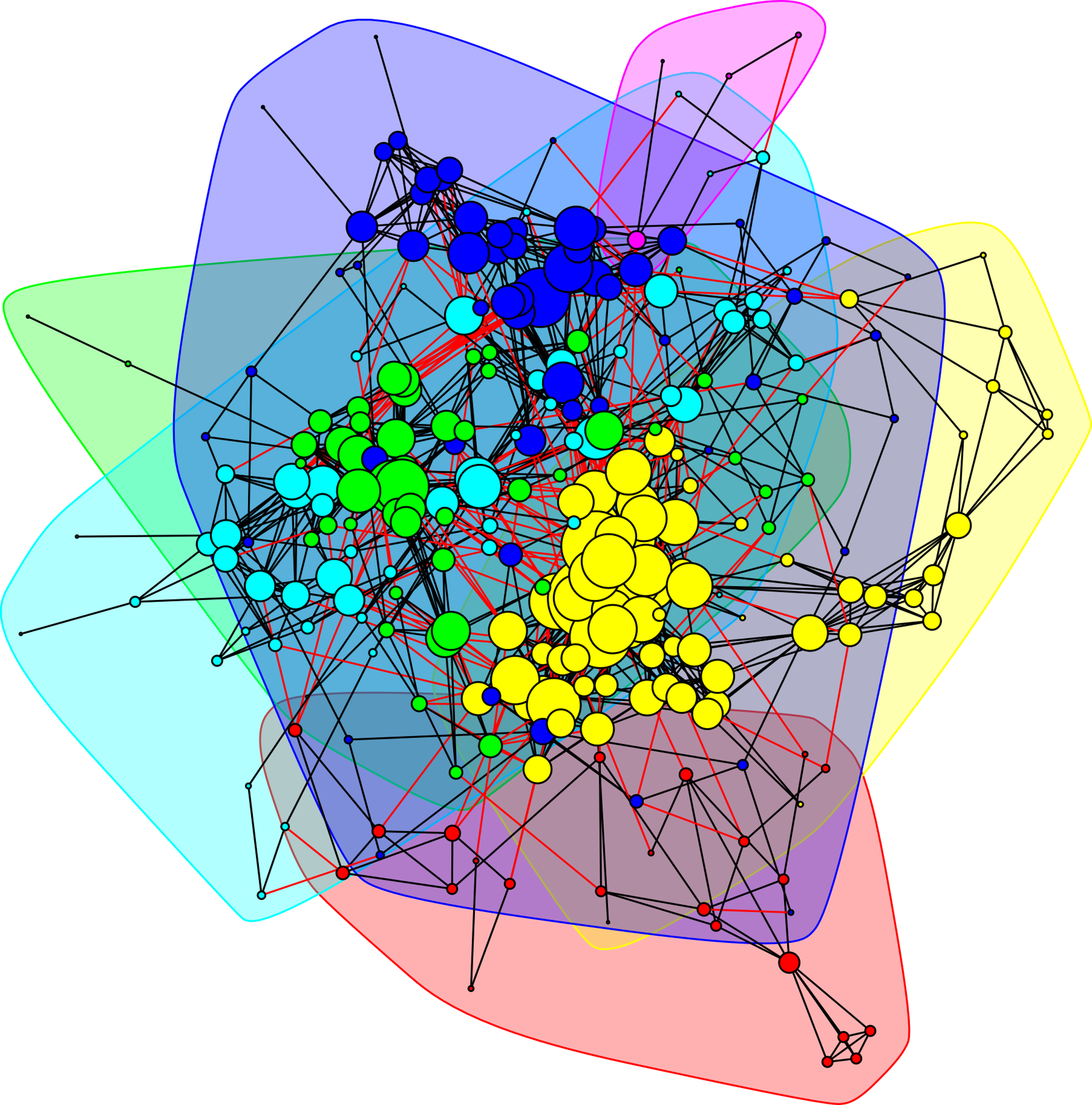Defining the role of the microbiome in modulating the impact of environmental exposures on human health
My overarching research objective is to become a leading independent investigator in the field of host-microbiome interactions, with the ultimate goal of applying this knowledge to improve the health and wellness of humans. While it is clear that the gut microbiome plays an integral role in supporting human health, little is known about how the thousands of chemical, microbial, and nutritional exposures humans experience daily impact microbiome operation. These environmental exposures may modify host-microbe interactions that promote human health by altering microbiome taxonomic and genetic diversity, or by disrupting microbial metabolic outputs (e.g., vitamins). Moreover, exposure induces host physiological changes that alter host metabolism, immune status, or gut ecology and which in turn disrupt the operation of the microbiome. Host-associated microbiomes may also interact with the exposure agent to mitigate or enhance its impact on host physiology. I characterize mechanisms through which the microbiome modulates the effects of environmental exposures on human physiology, and develop methods to mitigate the impact of these exposures on human health using the microbiome and microbial natural products. I conduct studies that span clinical and basic sciences leveraging high-throughput screens, statistical modeling, and cutting edge molecular techniques to identify stimuli capable of disturbing the taxonomic, genetic, and metabolic composition of the microbiome. By integrating host physiological and immunological measures into these studies, I detect interactions between microbiome operation and host physiology. Ultimately, I will apply the information gained in these analyses to identify biomarkers of environmental exposures, elucidate microbial pathways involved in bioremediation of environmental toxicants in the gut, and engineer microbes and microbial consortia with a heightened ability to resist disturbances, recover from them, or promote health.
Host-Microbe Interactions

|
A quarter of the world’s population lives with intestinal helminthic parasites (IHPs). The gut microbiome is the first line of defense against IHPs, which are exposed to gut microbes and their metabolites prior to colonization of the intestinal tissue. Variation of the functional assemblage of the gut microbiome could thus influence IHP infection, as it does other intestinal pathogens. For example, the microbiome may produce anthelmintic compounds such as those derived from Streptomyces avermitilis (e.g., Avermectin). As a postdoc, I have longitudinally profiled the effects of helminth infection on the gut microbiome and intestinal physiology in zebrafish. These analyses have identified progressive disruption of the microbiome concurrent with increasing gut inflammation and structural damage. Helminth burden and intestinal damage was also negatively associated with the abundance of several taxa, implying that these taxa may produce anthelmintic compounds.
|
Microbial Exposure Science
|
Vertebrates are chronically exposed to environmental chemicals through multiple routes including inhalation, ingestion, and absorption through the skin. Acute exposure to many environmental chemicals has been associated with negative health effects including cancer, neurodegenerative diseases, and reproductive defects. Several environmental chemical exposures are known to disrupt the microbiome. For example, my work has demonstrated that the antimicrobial triclosan disrupts the taxonomic structure and ecological interactions of the gut microbiome. However, when compared to the volume and diversity of exposures that humans experience daily, we still know very about little about the impact of these chemicals on the physiology and function of the gut microbiome. A primary focus of my work has been to quantify how environmental exposures affect host-microbiome interactions.
|

|
Nutritional Microbiology

|
Micronutrient deficiency is one of the most pervasive public health conditions, affecting more than two billion people worldwide. Micronutrient deficiencies associate with increased susceptibility to disease and heightened toxicity of environmental chemicals including arsenic. These chemicals can be extensively modified through interactions with the gut microbiome, thus micronutrient deficiency induced disruption of microbiome operation may alter these modifications. As a postdoc, I have characterized how alterations in host gene expression associate with operational and taxonomic changes of the microbiome during zinc deficiency. My research has also demonstrated that zinc deficiency sensitizes the microbiome to perturbation with arsenic exposure and is associated with increased inflammation and cellular DNA damage. My continuing research seeks to determine how dietary variation driven changes in microbiome operation associates with physiological changes in the host.
|


